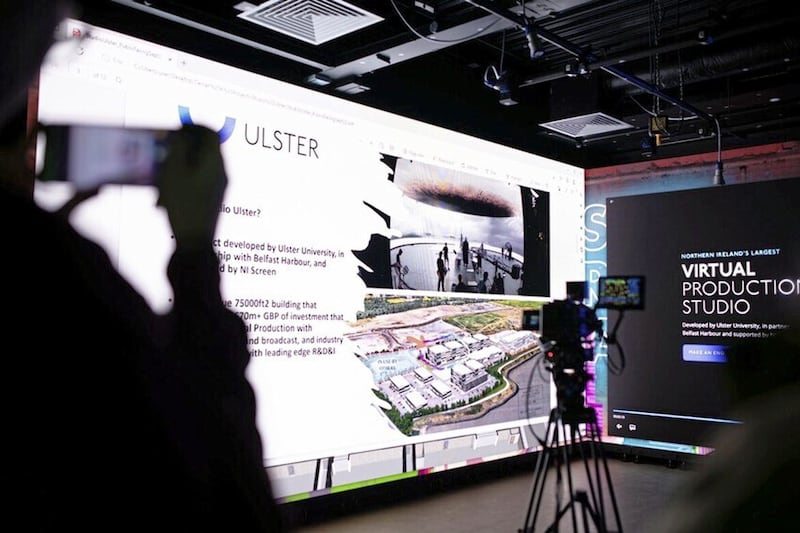BACK in September, I wrote about the impending ‘Copper Switch Off’ – that is, the plans to shut down the entire copper broadband and telephone line network across the UK in favour of fibre.
It’s the biggest change in telecoms in 150 years and if you haven’t already taken notice, you may soon need to.
Details have been emerging of which areas will be ‘shut off’ first. For example, we now know that from next August, it will no longer be possible to sell traditional copper broadband or phone services in some parts of Co Antrim, namely those served by the exchanges in Ballyclare, Carrickfergus and Glengormley.
It means that companies in those areas will have to find alternative means to remain online, either through a fibre connection direct to their premises (FTTP) where it is available, or via a one-off ethernet connection (known in the business as SoGEA) where it isn’t.
Other areas will follow, and we anticipate the switch will be complete in 2025, leaving those that haven’t migrated without phone or internet access.
There will be implications for all businesses especially those that rely on the telephony network to run payment terminals or alarm systems for example.
If that sounds a bit doom and gloom, it shouldn’t. The opportunities presented by moving away from traditional phone and internet far outweigh any challenges.
A recent summit by cloud services provider and b4b Group partner Giacom focused on addressing the challenges that lie ahead as we prepare for the switch-off.
Discussions looked at how evolving workplace trends and consumer expectations are already shaping the type of telecoms and IT systems required for modern businesses.
The truth is, it has been high time for change for a while. Copper wires are open to degradation, interference and even bad weather, affecting both voice and internet connections.
While we have of course come a long way since dial-up internet, some still struggle with slow internet connections, particularly in the age of hybrid working and video streaming. Full fibre broadband is here to change this.
And for those who still require telephony, Voice over Internet Protocol (VoIP) – essentially a telephone powered by the internet – is also here.
Some businesses may also consider the switch an opportunity to adopt a Unified Communications solution with advanced features like video conferencing, collaboration, and integration with other digital systems.
As they say, there is no time like the present. The ‘switch-off’ is coming but getting ready now means you won’t be left scrambling at the last minute, and can start enjoying the benefits right away.
:: David Armstrong is chief executive of b4b Group







